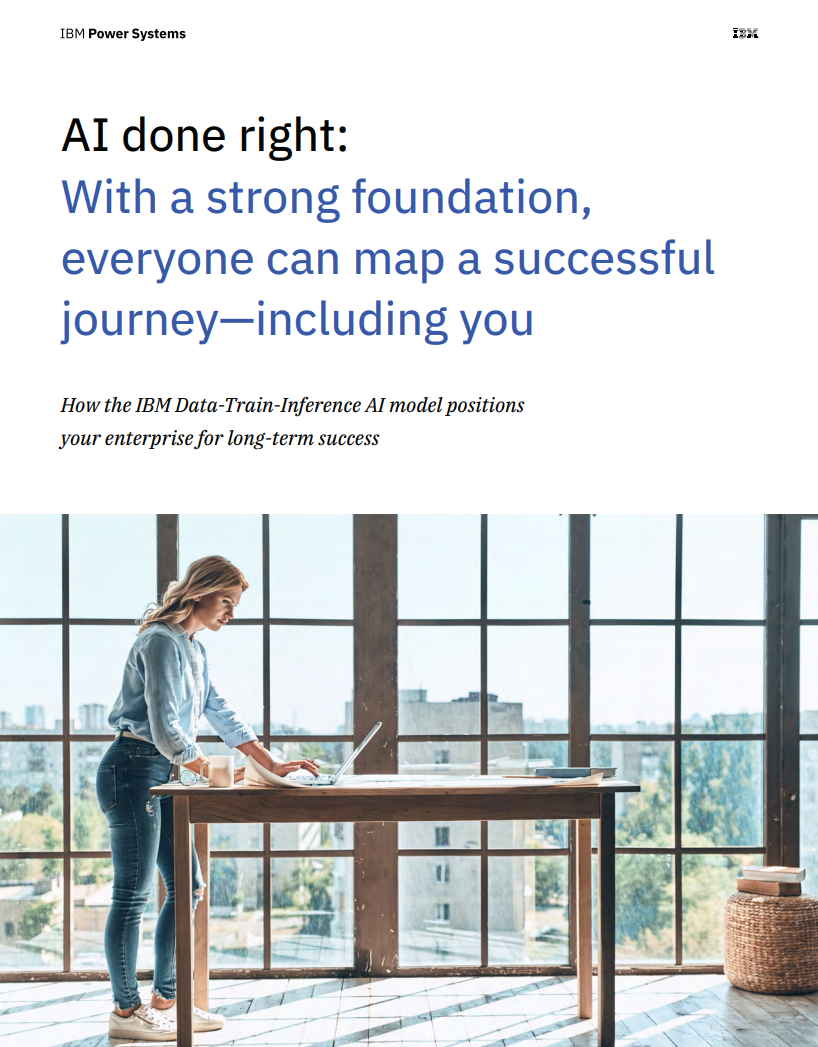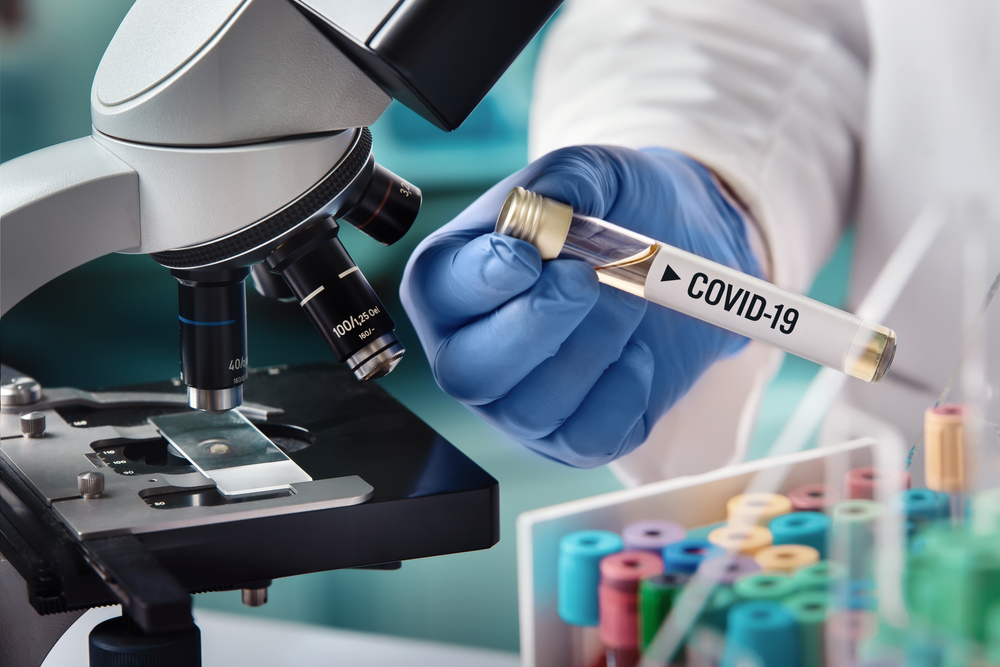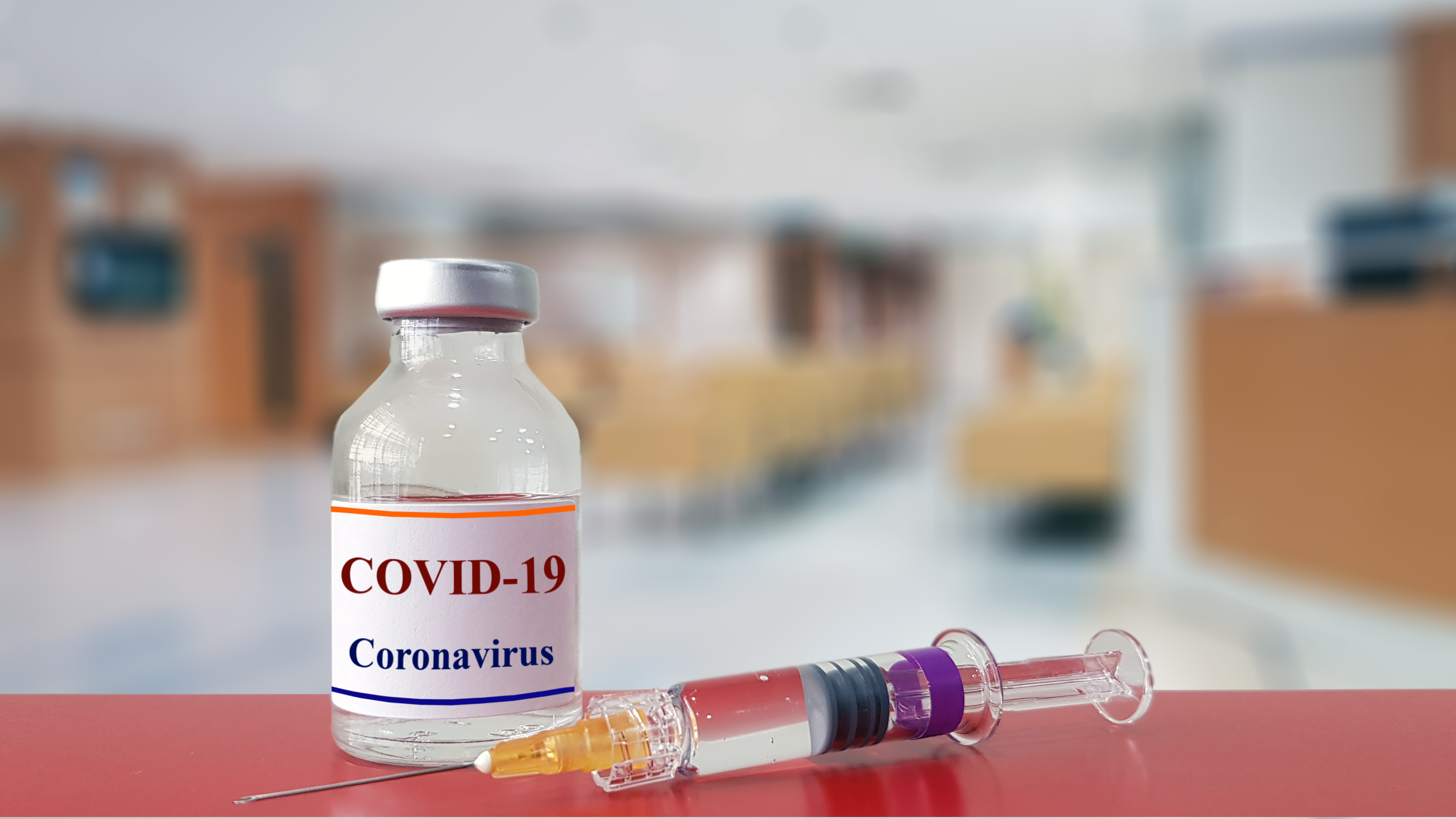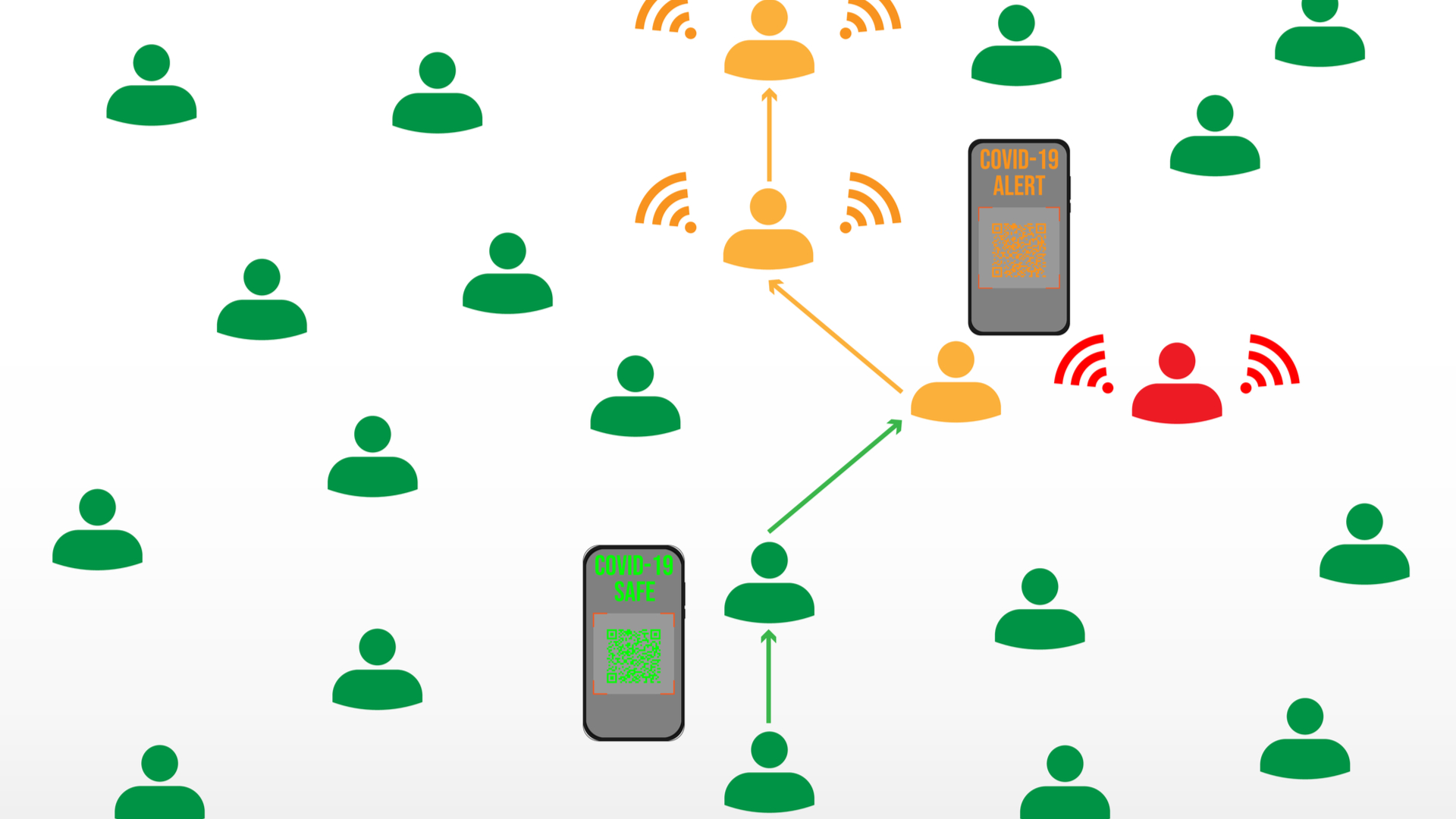NHS starts trial of machine learning system to predict demand
CPAS was developed by NHS Digital and a team of researchers from the University of Cambridge


The NHS has started trialling a machine learning system that aims to predict the upcoming demand for intensive care resources needed to treat patients suffering from the COVID-19 virus.
The COVID-19 Capacity Planning and Analysis System (CPAS) was developed by data scientists from NHS Digital and a team of researchers from the University of Cambridge. It uses data from Public Health England in order to help hospitals plan and manage the deployment of life-saving resources, such as ventilators, across the NHS.
The first stage alpha trials began this week at four hospitals across England in order to demonstrate the accuracy of the system and to see if it needs altered in order to cater to the needs of hospitals.
NHS Trusts keen on AI but are limited by poor access to data The NHS teams up with Apple and Google on coronavirus tracking app Amazon and Microsoft join NHS project battling pandemic Critical NHS cyber security checks suspended due to coronavirus response NHSX urged to “follow ethical best practice” in developing coronavirus app
NHS Digital Chief Medical Officer Professor Jonathan Benger said that being able “to predict demand for critical care beds, equipment and staff” is “essential”.
“CPAS allows individual hospitals to plan ahead, ensuring they can give the best care to every patient. At the same time, the wider NHS can ensure that the ventilators, other equipment and drugs that each intensive care unit will need are in place at exactly the time they are required.
"In the longer term, it is hoped that CPAS can be used to predict hospital length of hospital stay, discharge planning and wider intensive care demand in the time that will come after the pandemic.”
CPAS is based on a machine learning engine called Cambridge Adjutorium, which was developed by University of Cambridge engineer Professor Mihaela van der Schaar with the assistance of her multidisciplinary team.
Get the ITPro daily newsletter
Sign up today and you will receive a free copy of our Future Focus 2025 report - the leading guidance on AI, cybersecurity and other IT challenges as per 700+ senior executives
RELATED RESOURCE

Building a strong foundation for AI
How a Data-Train-Inference AI model positions your enterprise for long-term success
Cambridge Adjutorium is said to be a “highly flexible machine learning system” which was developed with medical researchers in mind. It was previously used to develop insights into cardiovascular disease and cystic fibrosis.
“Two weeks ago, the team shared a method with the world that showed it was possible to do capacity planning for COVID-19 patients,” said Dr Jem Rashbass, executive director for Master Registries and Data at NHS Digital.
“We recognised that there was an opportunity to industrialise the methods and deploy this as a service through the national infrastructure managed by NHSD and deliver a real data-driven planning tool to hospitals.”
If CPAS proves successful in the trial, the system will be launched nationwide across the NHS.
Having only graduated from City University in 2019, Sabina has already demonstrated her abilities as a keen writer and effective journalist. Currently a content writer for Drapers, Sabina spent a number of years writing for ITPro, specialising in networking and telecommunications, as well as charting the efforts of technology companies to improve their inclusion and diversity strategies, a topic close to her heart.
Sabina has also held a number of editorial roles at Harper's Bazaar, Cube Collective, and HighClouds.
-
 Infostretch and INDIASHIELD partner to resolve COVID crisis in India
Infostretch and INDIASHIELD partner to resolve COVID crisis in IndiaNews Infostrech’s support platform aids INDIASHIELD’s emergency healthcare
By Praharsha Anand
-
 Why video conferencing is so tiring and what you can do about it
Why video conferencing is so tiring and what you can do about itIn-depth You’re not alone if you find video meetings far more tiring than the real thing
By Simon Hudson
-
 A new age of asset management
A new age of asset managementIn-depth Can migrating a business’ Active Directory to the cloud become a core resource as the consumerisation of tech continues?
By David Howell
-
 VaxAtlas' looks to connect the public to COVID-19 vaccine distributors
VaxAtlas' looks to connect the public to COVID-19 vaccine distributorsNews New platform unveils portable approach to COVID-19 vaccine distribution
By Praharsha Anand
-
 Scotland will launch its own contact-tracing app
Scotland will launch its own contact-tracing appNews The Scottish government says the app will arrive in the autumn and will not ask users to reveal personal information
By Sabina Weston
-
 Linux Foundation open-sources coronavirus tracing apps
Linux Foundation open-sources coronavirus tracing appsNews The projects, based on the Google and Apple API, aim to support public health contact tracing efforts
By Keumars Afifi-Sabet
-
 Video conferencing service StarLeaf sees a 947% surge in UK usage
Video conferencing service StarLeaf sees a 947% surge in UK usageNews CEO Mark Richer believes this trend will continue long after the pandemic is over
By Sabina Weston
-
 UK's contact-tracing app will be ready in "two to three weeks"
UK's contact-tracing app will be ready in "two to three weeks"News NHSX CEO says app will be "crucial" in easing lockdown restrictions
By Sabina Weston

